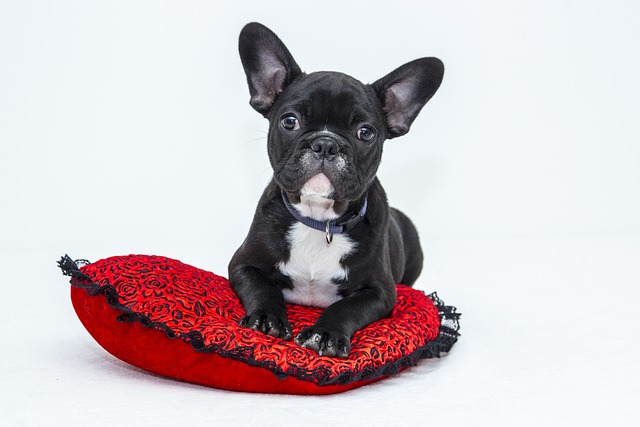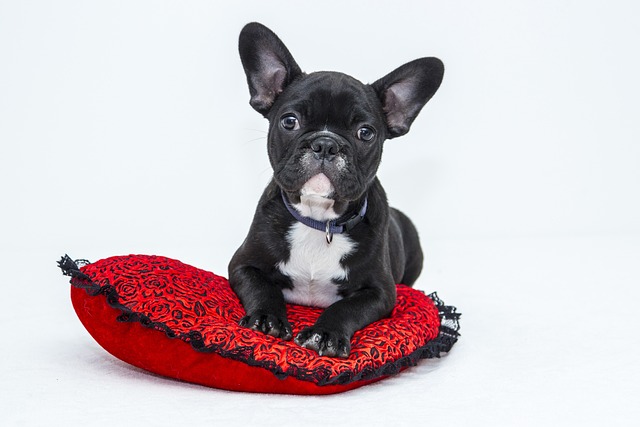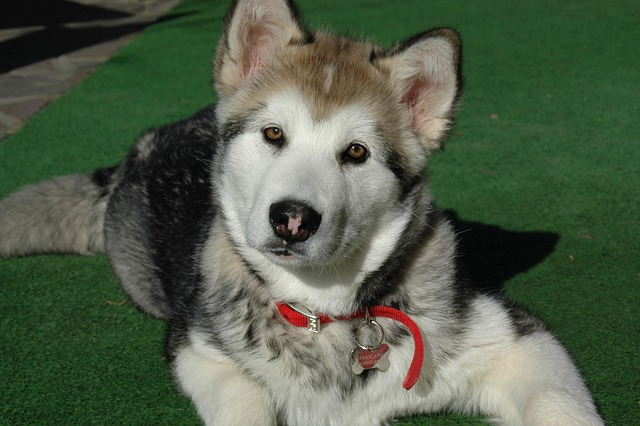
What is the healthiest food to feed your puppy
The quest for the healthiest puppy food can feel overwhelming for a new owner, staring at an entire wall of options at the pet store.
The quest for the healthiest puppy food can feel overwhelming for a new owner, staring at an entire wall of options at the pet store. While there's no single "best" brand that wins for every pup, the healthiest choice is defined by a formula that provides complete and balanced nutrition specifically engineered for a puppy's rapid growth and development. A puppy's body is building itself at an incredible rate, forming bones, muscles, brain tissue, and a robust immune system. This intense construction project demands premium building materials: high-quality animal protein (like chicken, salmon, or lamb) as the first ingredient for muscle development, the right balance of calcium and phosphorus for strong bones, and DHA, an omega-3 fatty acid found in fish oil, which is crucial for cognitive development and vision. The ideal kibble is also sized appropriately for their breed—small bites for tiny jaws and larger, crunchier pieces for big breeds to encourage proper chewing.
Your most reliable guide through this nutritional maze is the label on the back of the bag, not the marketing on the front. Look for a key phrase: "Formulated to meet the nutritional levels established by the AAFCO (Association of American Feed Control Officials) Dog Food Nutrient Profiles for growth." This certification is your assurance that the food is complete and balanced for a growing puppy. Your veterinarian is your best ally here; they can recommend specific brands that are reputable and suited to your puppy's breed size and any potential sensitivities. Once you've chosen a food, consistency is key. Any transition to a new food must be gradual, over 7-10 days, by slowly mixing the new food with the old to avoid shocking their developing digestive system and causing stomach upset, which is common during this sensitive life stage.

This science-based, careful approach to nutrition is a form of positive reinforcement for your puppy's entire body, reflecting a modern ethos of proactive, preventative health care. It aligns perfectly with the force-free training methods that are the standard in responsible pet ownership, building health from the inside out rather than addressing problems later. This commitment to their well-being extends into your community. As you nourish your puppy for healthy growth, you'll embark on vital socialization and potty training walks. Before these outings, ensure your puppy has received their age-appropriate vaccinations as advised by your vet. Furthermore, the excitement of exploring the world can sometimes lead to potty accidents. This makes it an absolute, non-negotiable duty to always carry a plentiful supply of poop bags and to clean up immediately and thoroughly. In any U.S. community, this is not just good manners; it's the law, and failing to do so can result in fines and contributes to public health concerns.
For those in apartments, raising a puppy on a healthy diet requires specific considerations. Their limited space means you must be diligent about establishing a consistent potty break and feeding schedule. Be extra vigilant on walks in hallways and elevators to prevent your curious pup from scavenging discarded food, which could introduce harmful bacteria and undermine their carefully balanced diet. Use mealtime as an opportunity for mental enrichment with puzzle feeders to slow down eating and engage their brains. Remember, the healthiest food is the one that supports your puppy’s specific growth trajectory without causing digestive issues or excessive weight gain. By choosing a high-quality, AAFCO-approved formula and pairing it with responsible ownership habits, you're not just feeding your puppy; you're building the foundation for a long, vibrant, and healthy life.

The quest for the healthiest puppy food can feel overwhelming for a new owner, staring at an entire wall of options at the pet store.

That tiny face looking up at you from a bowl that seems too big for them brings a very specific question: what is the absolute best food for my small-breed dog?

When a puppy starts showing signs like fever, runny eyes, or lethargy, panic often sets in for dog owners—especially when distemper is mentioned.

If you’ve ever pulled a bag of dog treats from the pantry only to have your pup spin in circles and paw at your feet, you might wonder

Pet owners often miss subtle changes in their dog’s behavior that signal worms, since many signs can seem like regular doggy habits at first.

You’re standing in the pet store aisle, holding a bag of crunchy peanut butter biscuits in one hand and freeze-dried salmon strips in the other